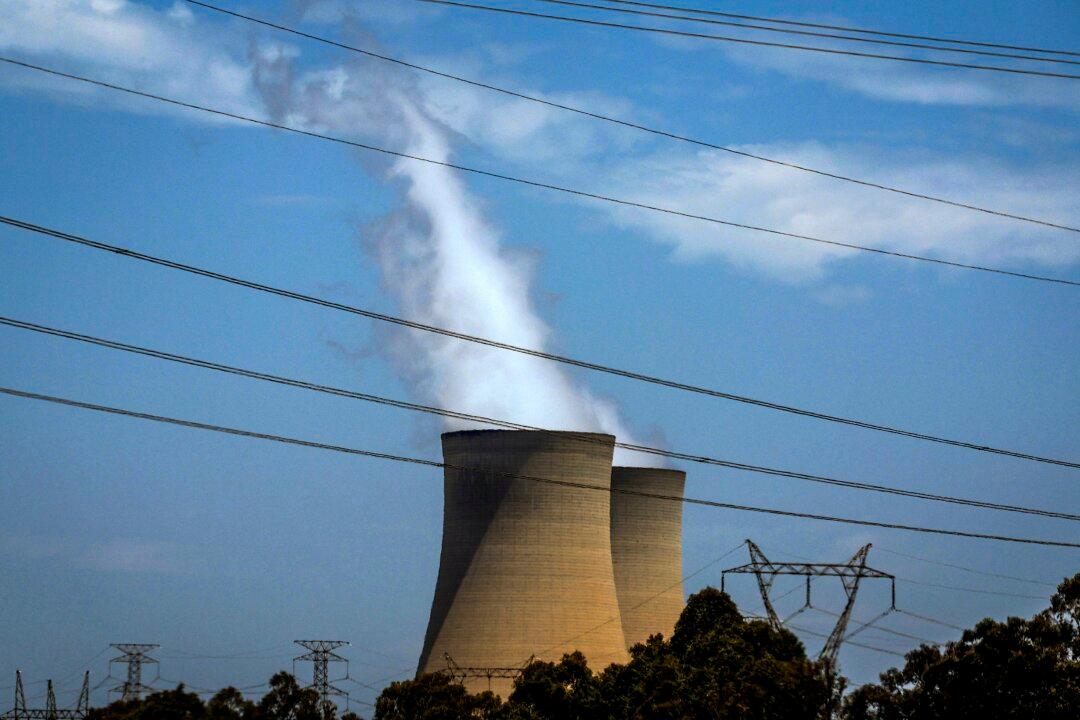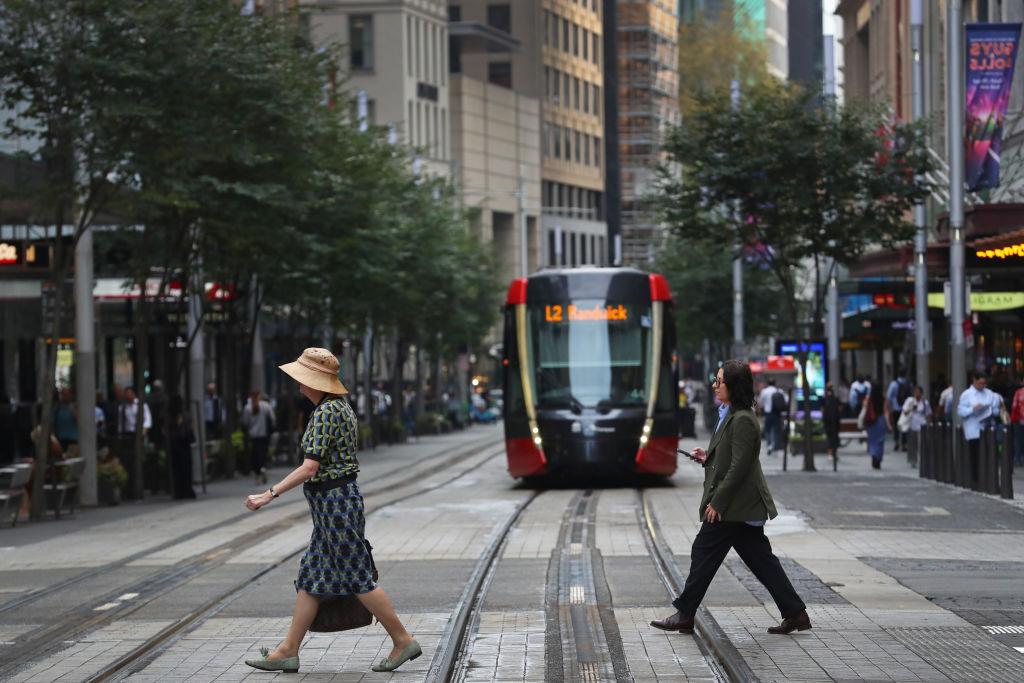The Australian Conservation Foundation criticised the proposal of Liberal Party and Opposition Leader Peter Dutton to build nuclear power stations across seven sites in the country once elected in government.
Mr. Dutton also proposed that the federal government will own and pay for the proposed plants to ensure energy security in the country amid the expanded renewable energy push of the Albanese government.




